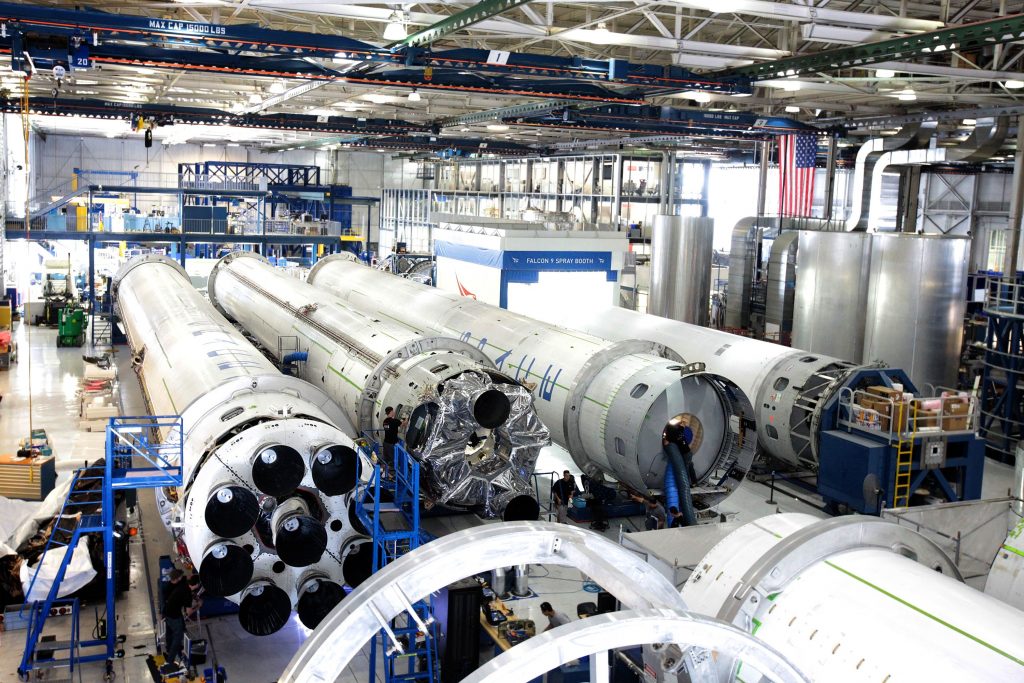Don't miss our holiday offer - 20% OFF!

Read also : Environmentally Friendly Hospitals: Optimizing Energy Management with IoT
In the modern era of technology, environmental sensor have become a crucial aspect in aiding social services in carrying out their tasks effectively. These advanced sensors enable social services to monitor and protect their beneficiaries more effectively. This article delves into the intricate workings of these environmental sensors and how they support social services in their mission.
Contents
How Environmental Sensors Work
Environmental sensors are electronic devices designed to detect changes in their surroundings and convert this data into a format understandable by humans or other devices. Here are some ways these sensors work and how their technology assists social services:
Air Quality Monitoring

Read also : Utilizing IoT in Flood Monitoring and Early Warning Systems
These sensors detect pollutant concentrations such as dust, toxic gases, and micro-particles in the air. This data is essential for safeguarding the health of beneficiaries from respiratory issues and pollution-related illnesses.
Temperature and Humidity Monitoring

Read also : Temperature and Humidity Sensors in Comfort of Smart Cities
These sensors measure the ambient temperature and humidity levels around beneficiaries. This data is vital for maintaining thermal comfort and preventing hazardous conditions such as extreme heat or excessive humidity.
Water Quality and Resource Monitoring

Read also : Water Sensor Technology for Flood Monitoring: How These Sensors Work to Predict and Prevent Flood Disasters
These sensors can also gauge water quality and the quantity of water resources such as drinking water or groundwater. This information is used to identify potential health issues related to clean water and the monitoring of sustainable resource management.
Sound and Vibration Monitoring

Read also : Monitoring Navigasi Buoy Laut dengan fluxTrack
Sound and vibration sensors can detect noisy disturbances or unusual vibrations that may indicate danger or emergencies, such as accidents or natural disasters.
Weather Monitoring Sensors

Read also : Weather Sensors Controlling External Weather Factors
Conclusion
Environmental sensor are powerful tools that help social services observe and protect their beneficiaries more effectively. The data generated by these sensors enables social services to respond more rapidly to environmental threats, ensuring that the communities they serve are in a safe and healthy environment. This sensor technology continues to advance, and its role in supporting social services will remain pivotal in creating a better environment for all.





